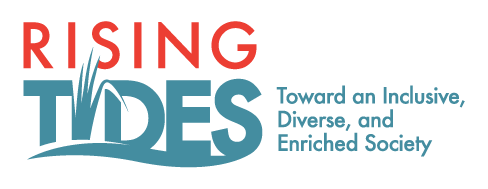- About
- Program
- Registration
- Student & EC
- Sponsor/Exhibit
- Resources & More
2023-2024 CERF Rising TIDES Program |
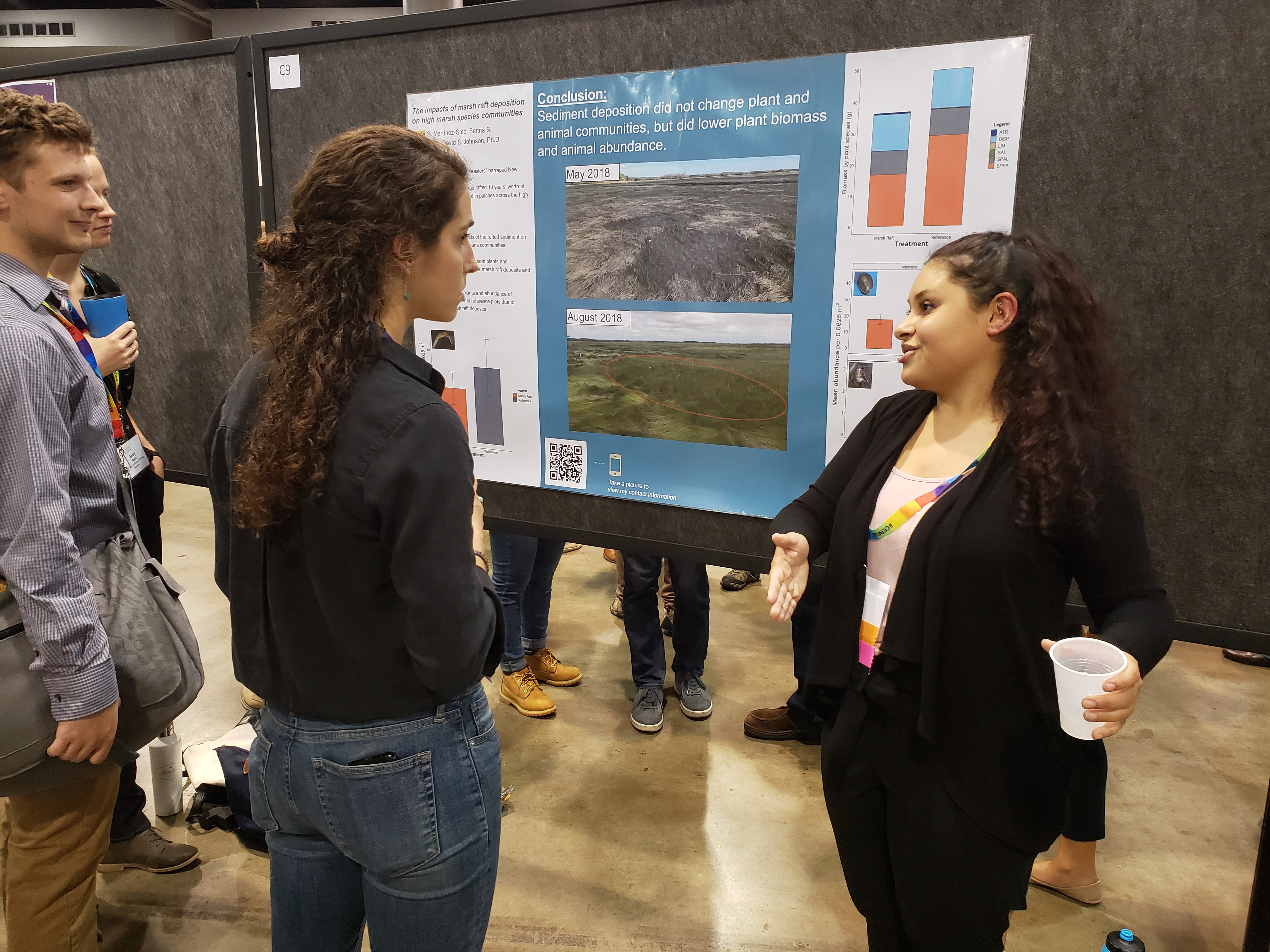 |
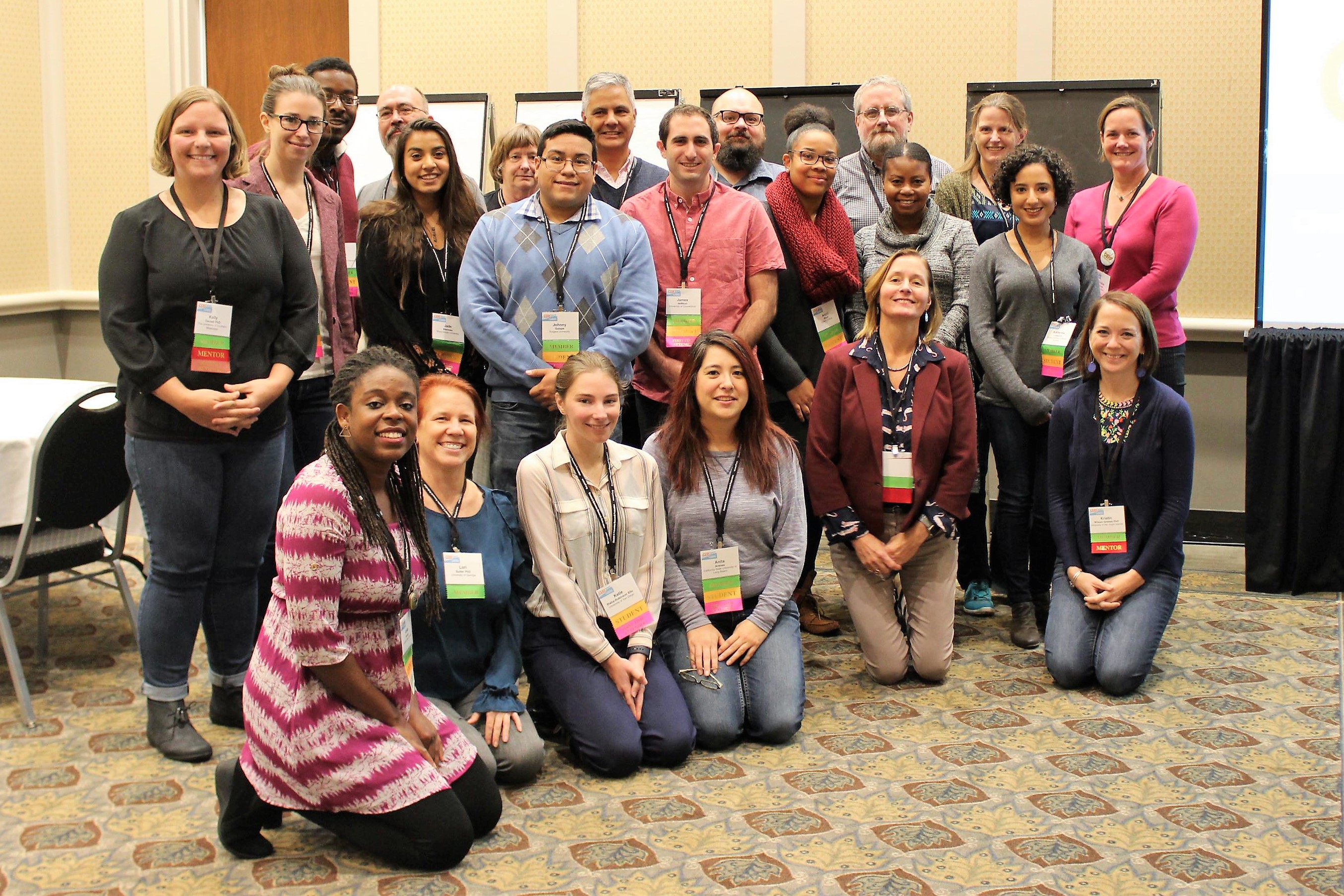 |
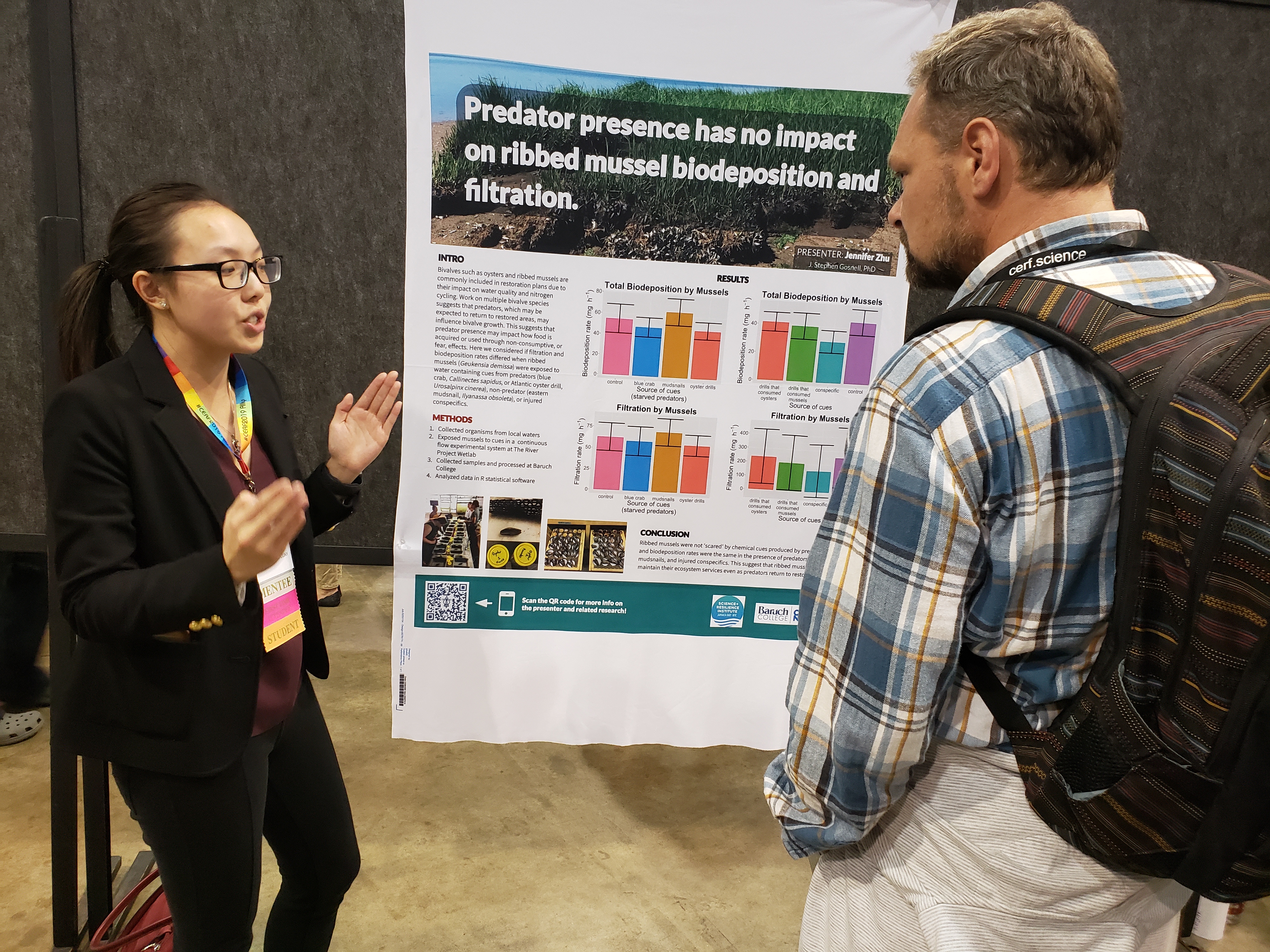 |
Meet the 2023 Rising Tides Cohort
Why should I apply?
Rising TIDES provides financial support for attending three professional conferences, community support to navigate those conferences, peer support for making connections, educational support to help you in your career, and helps make CERF and conferences more fun.
Past scholars tell us:
- I really love the people that I met; it was a really nice way to connect with mentors as well as other people in similar fields and fields that I know nothing about. It was really nice to have a small group of people that you were with, and you did specific activities with, as well as like the whole big conference thing. Going to a big conference can be a little bit intimidating.
- The Rising TIDES program was very structured. At the start of the conference, we had several meetings together, several interactive activities that we did together. We had a luncheon set up; networking events set up. And so, it was a nice structure that helped me kind of learn the ins and outs of navigating a large conference like CERF.
- I made several friends in the group and we have kept in touch outside of the program!
Am I eligible and how do I apply?
Are you currently an undergraduate student, graduate student, or within one year of graduation and seeking employment? Are you interested in estuarine and coastal systems? Do you self-identify as being from a group underrepresented in CERF disciplines*? Then you’re eligible!
You do not need to be a member of CERF to apply.
You do not need to submit an abstract to CERF 2023 to be eligible, but preference will be given to students who have or are intending to submit. If you are unable to submit an abstract for the 10 May deadline, there will be an opportunity to submit a late-breaking poster abstract in August.
The window to accept Rising TIDES applications has now closed.
The application consists of information about you, your academic status, whether you plan to or have submitted an abstract, and a personal statement (limit of 3,000 characters including spaces, or about 500 words) that describes:
- Your interests in coastal and estuarine science, management, policy, and/or education and personal career goals;
- How participation in Rising TIDES will benefit you and what you hope to get from the program and the CERF conference; and
- How your participation will benefit Rising TIDES, CERF, and the other participants.
If you are accepted to the Rising TIDES program, you are expected to attend all in-person events in their entirety: the CERF 2023 conference (November 11-16, 2023, Portland, OR), an Affiliate Society meeting of your choice (multiple options in the spring and fall of 2024; most are Thursday through Saturday), and the 2024 Restore America’s Estuaries Summit (October 6-10, 2024, Arlington, VA). You are also expected to attend as many virtual events and mentoring meetings as possible, approximately once a month from September 2023 through October 2024.
Expect to be notified about decisions in early July. If you have any questions, please reach out to Susan Park at [email protected].
Informational Webinar
Rising Tides Information Webinar from CERF on Vimeo.
Frequently Asked Questions
- Q: Are international students eligible? A: Yes, you do not need to be a US citizen or attending a US institution to apply.
- Q: Am I eligible if I graduate before the program starts/ends? A: Yes, as long as you are a student or within one year of graduation and actively seeking employment when you apply, you are eligible.
- Q: Does coral reef research count as "coastal and estuarine"? A: Yes, coral reef research is considered relevant to CERF.
- Q: As a recent graduate, I have been looking for a job (or exploring options to further my education), but it's been more than one year since I graduated. Am I still eligible? A: We understand that people in transition would benefit from attending CERF; however, we must create some limit on this; therefore, we will only accept applications from those who graduate on or after April 26, 2022. Please consider applying for a participation award or volunteer worker program to receive support to attend CERF.
*The goal of Rising TIDES is to encourage students from groups underrepresented in coastal and estuarine disciplines (e.g., Black or African American, Hispanic or Latino/a/x, Asian American Pacific Islander, Indigenous peoples, LGBTQIA+, women, first generation or low-income students, people with disabilities, active military or veterans) to pursue a career in the field.
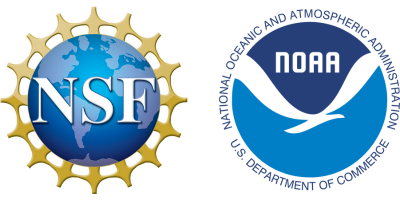
The 2023 Rising TIDES Conference Program is supported by NSF Award No.s 2233699, 2233700, 2233701, 2233702, and 2233703 and NOAA National Centers for Coastal Ocean Science.

